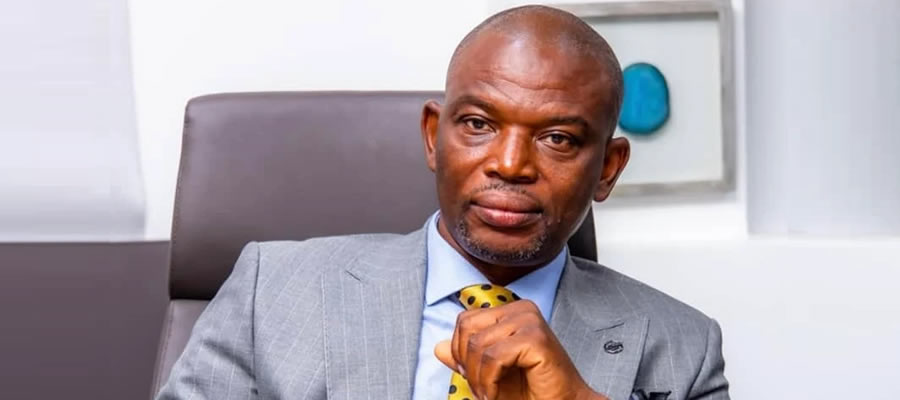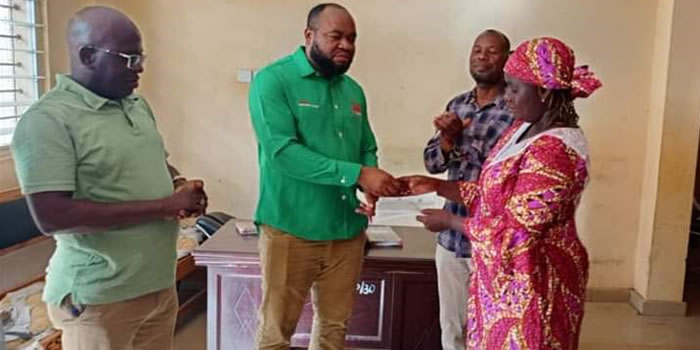

Good Governance And Civic Responsibility
Institutional and Administrative set up of the District
The Sissala West District was established in February 2004 under Legislative Instrument 1771 in accordance with Section 2 of the Local Government Law 1988 (PNDC 207). It was carved out of the Sissala Districts and is thus one of the new districts in the country. In terms of status, the DA is envisaged by law as the political authority and decision making body at the local level.
In line with this, the Assembly has been constituted as planning authority with primary responsibility for planning and implementing development policies, programmes and projects at the local level. Thus, the Assembly is empowered by the Local Government Act, Act 462 as the highest political and administrative body in the district. Under section 10 of the same Act, the assembly has deliberative, legislative and executive function in the district. By this the assembly is responsible for the overall development of the district through the preparation of the district development plans and budgets for approval.
Composition of Assembly
The Sissala West District Assembly comprises 20 Assembly persons (15 males and 5 females), 15 elected and 5 appointed in addition to the DCE and MP who have no voting rights. The assembly also has a Presiding Member who presides over meetings of the Assembly and is in charge of complaints and public relations. The assembly has an eleven member Executive Committee which performs its executive and co-coordinating functions.
District Decentralized Departments
In accordance to the Local Government Act, Act 462, the district has 11 decentralized departments, which are to perform the functions hitherto performed by 22 central government agencies. The district is yet to develop its decentralized departments. As shown in the table below, not all the departments exist in the district. With regards to those that exist, not all their constituents are available. The non existence of certain components of the departments in the district implies that the roles/ functions to be performed by such components cannot be embarked on. This limits the overall development of the district. There is therefore the urgent need for the functional establishment of the decentralized departments as well as their constituents.
Sub - District Structures
There are four Area Councils in the District. These are Gwollu, Zini, Fielmua and Pulima. The table below shows the area councils as well as the number of unit committees within each area council. The Area Councils have secretariats which manage the day-to-day business of the Council. These Area Councils are essentially, rallying points of local enthusiasm in support of the development objectives of the District Assembly.
The Unit Committees in the district are to be in close contact with the people, educate, organize communal labour, raise revenue and ensure environmental cleanliness, register births and deaths, implement and monitor self-help projects among others. The District has fifty Unit Committees. However, some Unit Committees in the district are non functional as a result of several factors, some of which are poor caliber of personnel serving on the committee, inadequate resources for operation and poor definition of roles. The poor performance of the sub-structures reduces their effective communication and collaboration with their communities and the District Administration as well as participation.
Traditional Authorities (TAs)
The SWD being a rural one, the Traditional Authorities command the respect of large numbers of people and communities. The District has three paramountcies. These paramountcies are headed by paramount chiefs. The paramount chiefs also have their divisional chiefs and sub-chiefs. The paramountcies are; Gwollu Paramountcy, Pulima Paramountcy and Zini Paramount. The traditional authority continues to compliment the efforts of the DA and plays an important role in matters relating to land, disputes and the maintenance of the rule of law in the district. There is therefore the need to facilitate a permanent and institutionalized dialogue between Local government and Traditional Authority to ensure the alignment of policies.
The traditional authorities in the district are dedicated to the development of their traditional areas and the education and enlightenment of their people by providing land for infrastructural projects, mobilization of community for communal labour and arbitration of disputes. They therefore offer positive contribution to the economic and social transformation of the district and must be seen as part of the decentralization process.
Date Created : 11/17/2017 3:24:40 AM











 facebook
facebook
 X
X
 Youtube
Youtube
 instagram
instagram
 +233 593 831 280
+233 593 831 280 0800 430 430
0800 430 430 GPS: GE-231-4383
GPS: GE-231-4383 info@ghanadistricts.com
info@ghanadistricts.com Box GP1044, Accra, Ghana
Box GP1044, Accra, Ghana